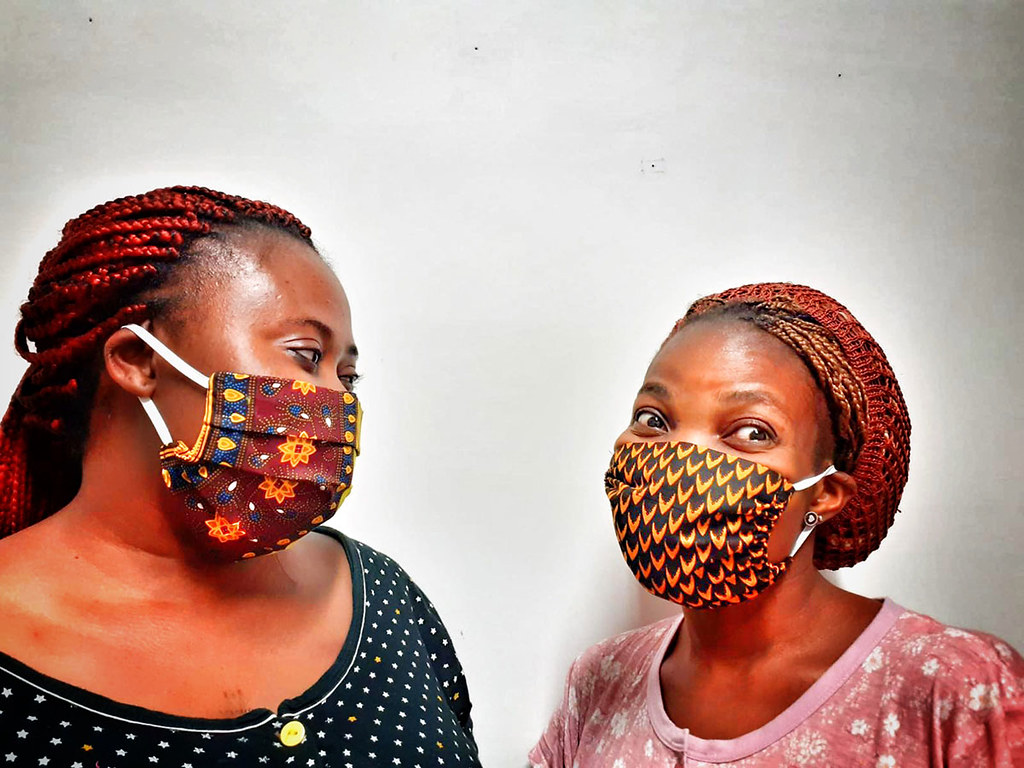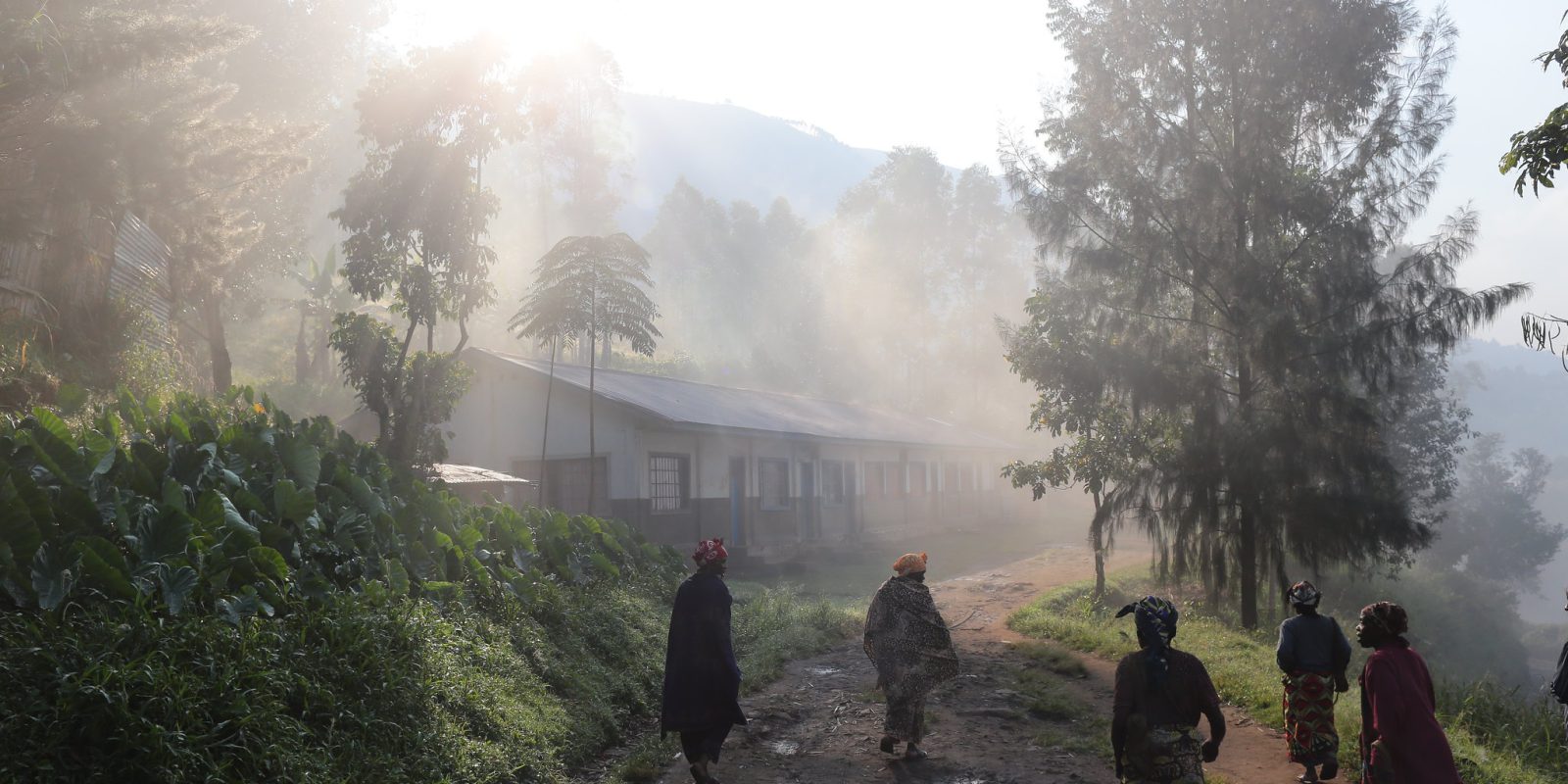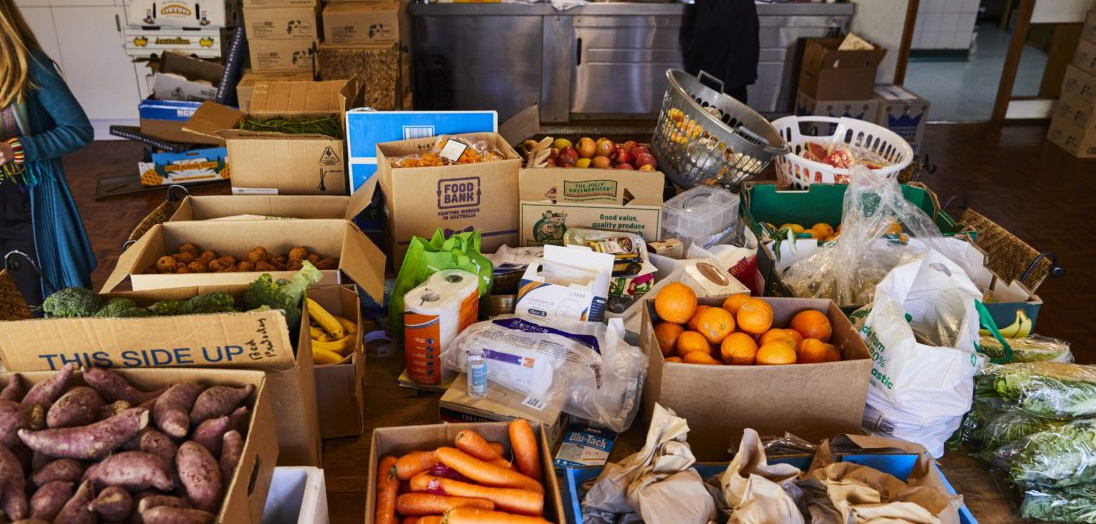JRS Australia welcomes NSW Government investment in tackling domestic and family violence (DFV)
27 July 2024
Jesuit Refugee Service (JRS) Australia welcomes the announcement by the NSW Government of its historic investment of $484.3 million in tackling domestic and family violence (DFV) across the state.
In particular, the State Government’s investment of $426.6 million over four years to build and operate 75 new women’s refuges incorporating access to counselling, legal assistance, education and employment support will ensure that more women and children are able to leave violent situations and rebuild their lives independently.
JRS Australia notes and stands in strong agreement with the aspiration that no women and child in the state will be left behind.
“JRS Australia looks forward to working closely with the NSW Government, and partners in the DV, homelessness and multicultural engagement sectors to ensure that women on temporary visas, including those seeking asylum can avail of these significant new supports,” said Tamara Domicelj, Country Director, JRS Australia.
JRS Australia’s specialist Finding Safety Project, funded by Women NSW’s DFV Innovation Fund and Multicultural NSW, worked with more than 700 women on temporary visas experiencing violence in 2020, including those seeking safety in DFV refuges.
“Access to refuges is contingent upon whether a woman has a source of income in order to contribute to her stay, and ultimately find independent accommodation. For women with permanent residency or citizenship, this often comes in the form of welfare payments from Social Services, or from their own income,” said Josephine Rechichi, Finding Safety Project Coordinator.
“Federal Government policies render women on temporary visas ineligible for welfare payments and Child Care subsidy. Visa conditions may also exclude them from the right to work. These exclusions can drive women on temporary visas into states of destitution, which in turn disqualifies them from the access to DFV refuges which they need to leave situations of violence safely”, said Rechichi.
More often than not, women on temporary visas including women seeking asylum remain in or return to violent relationships because they are denied a viable alternative. This situation destroys lives, and in the worst cases, ends them.
“It is our collective challenge as diasporas, NGOs, peak bodies, academics, local and State Governments to acknowledge these exclusions and disadvantages and find urgent solutions to ensure that women on temporary visas, including women seeking asylum can avail of the life-saving supports to which all women and children experiencing DFV should have access.” said Rechichi.



